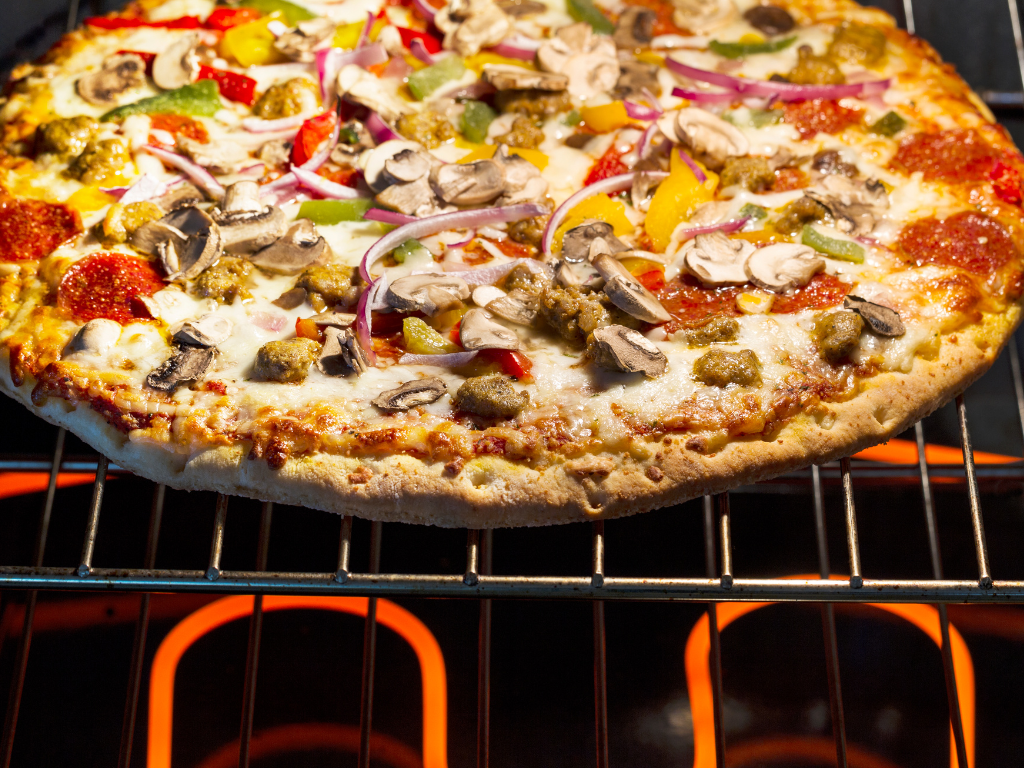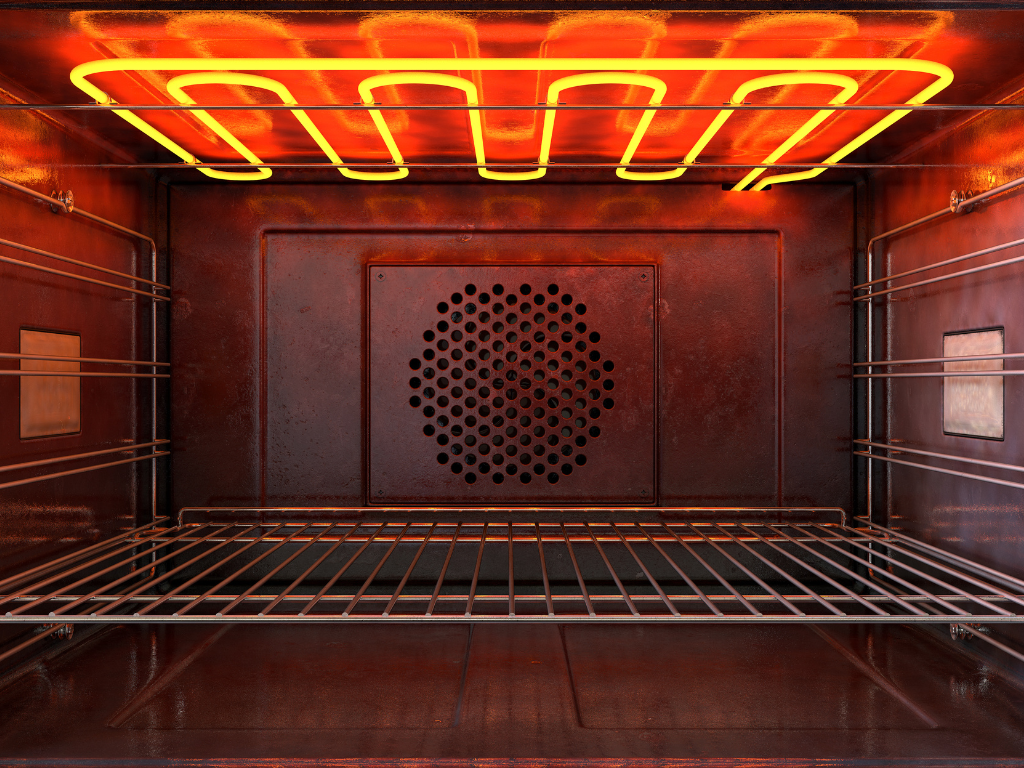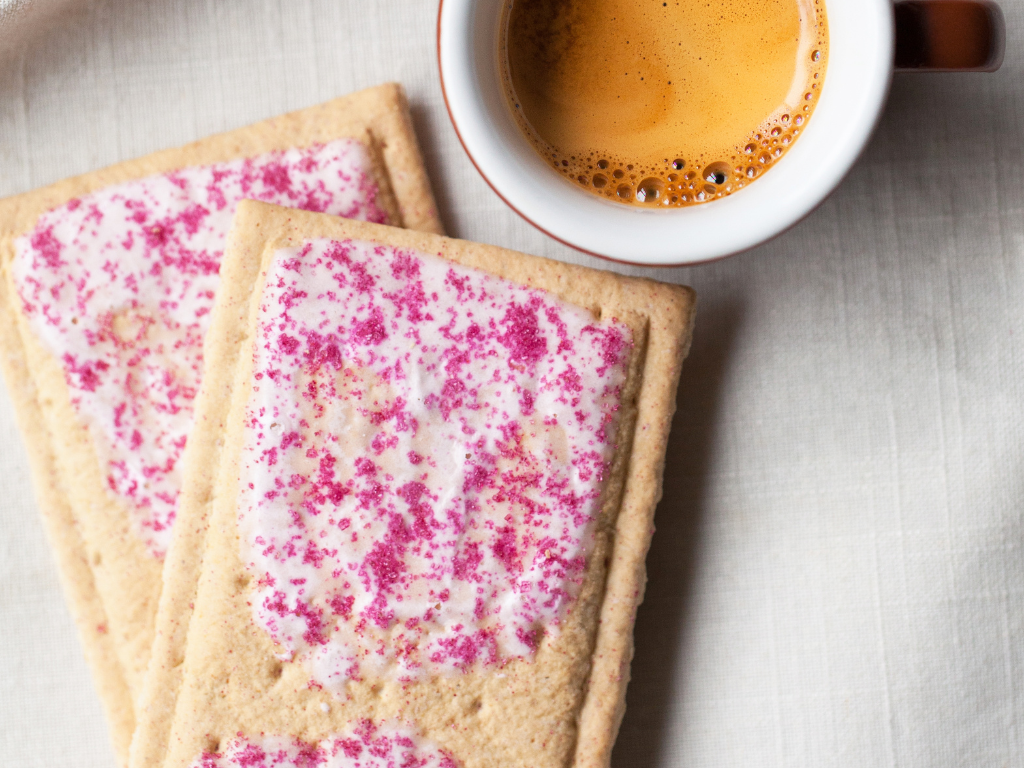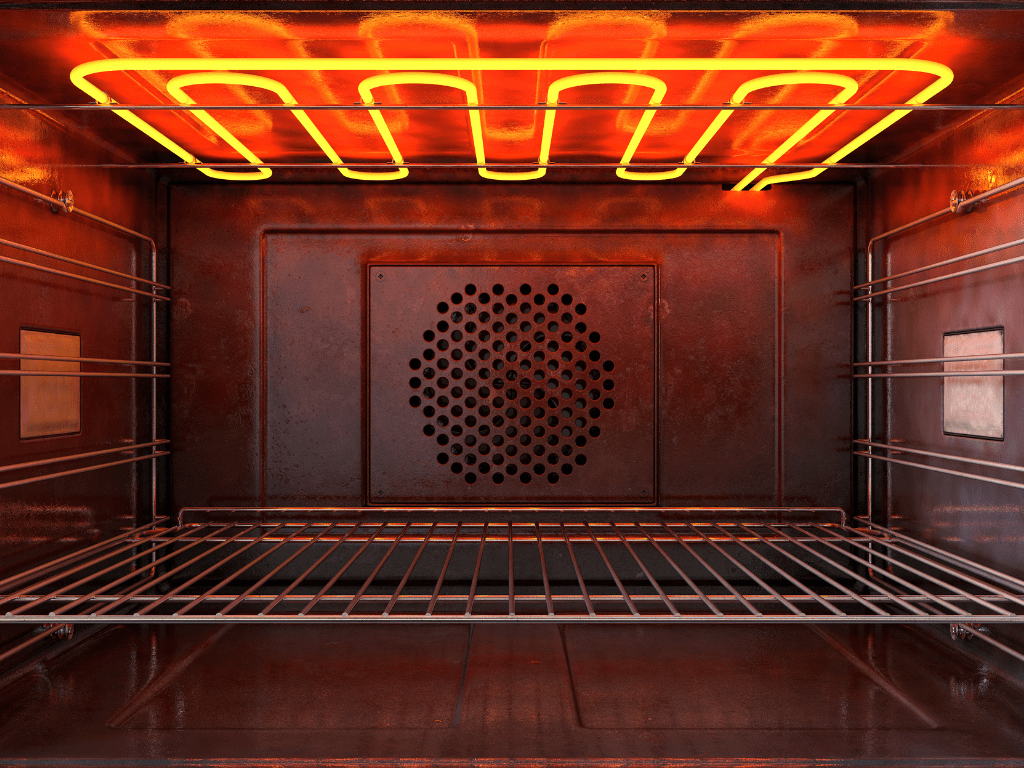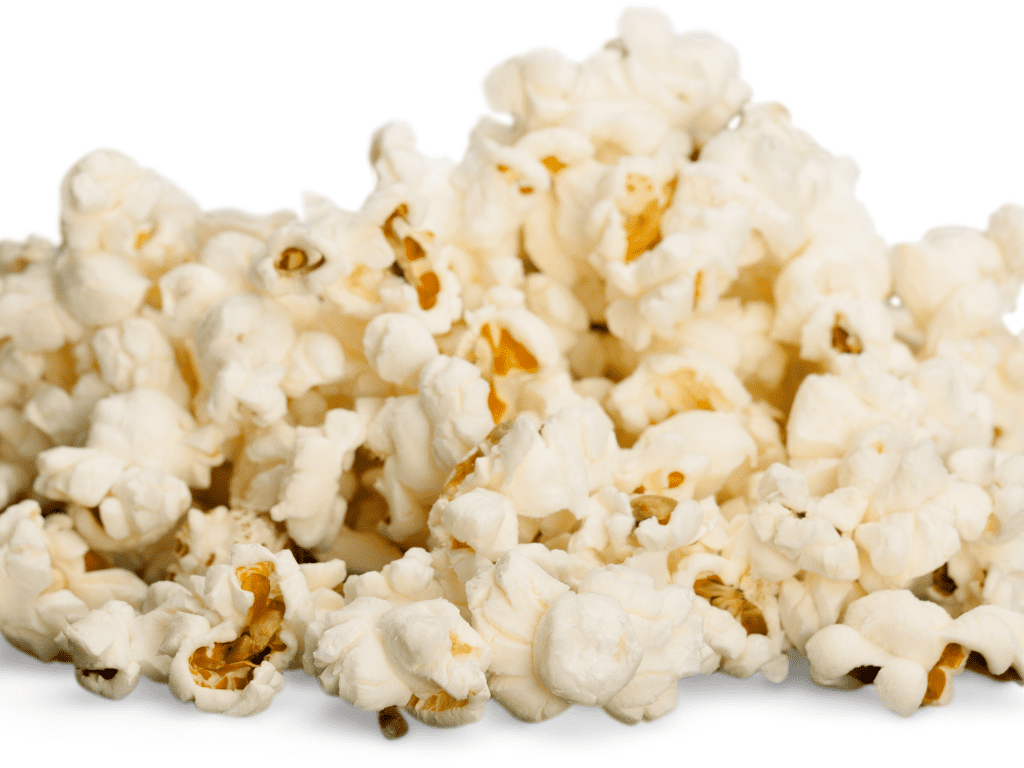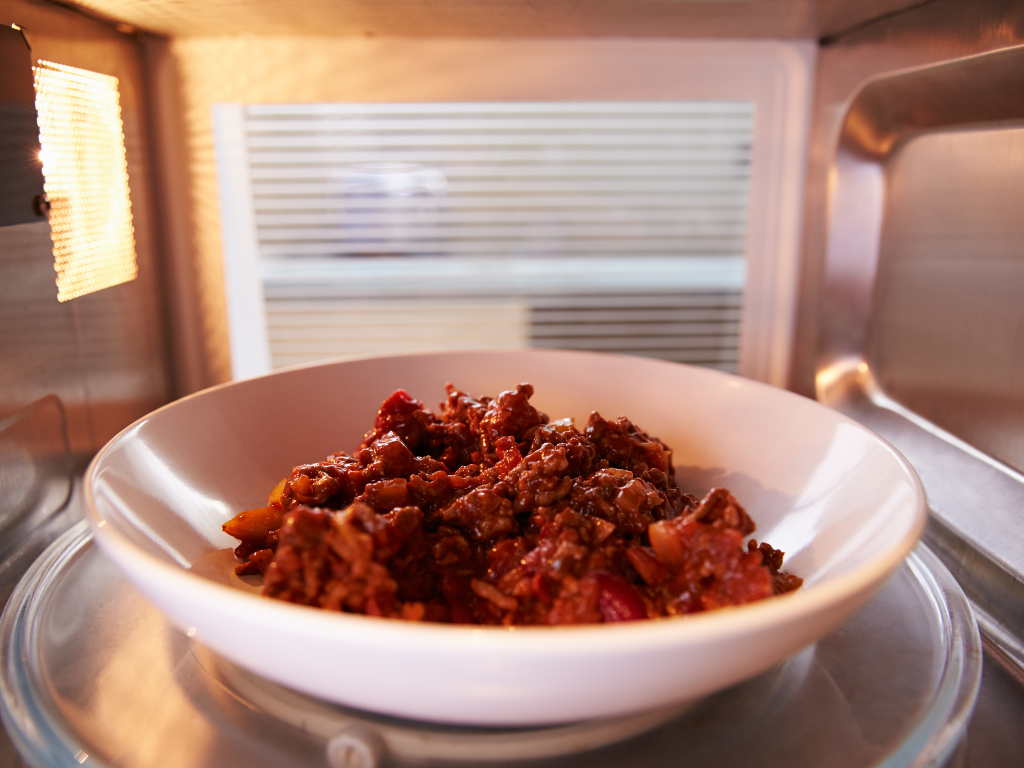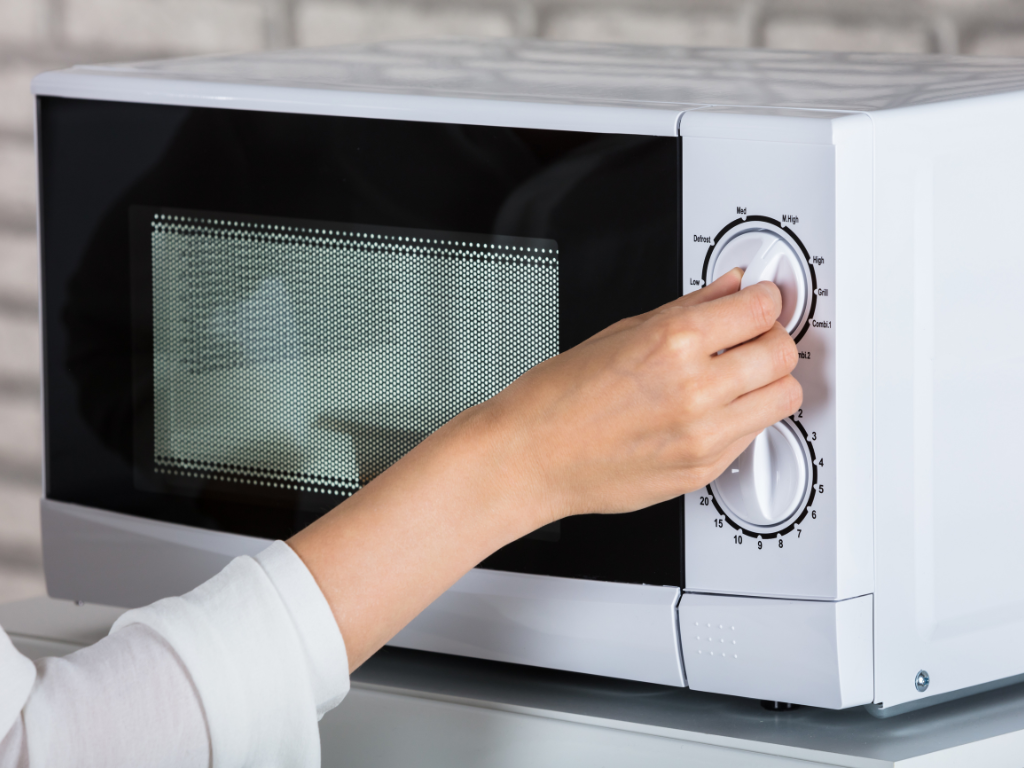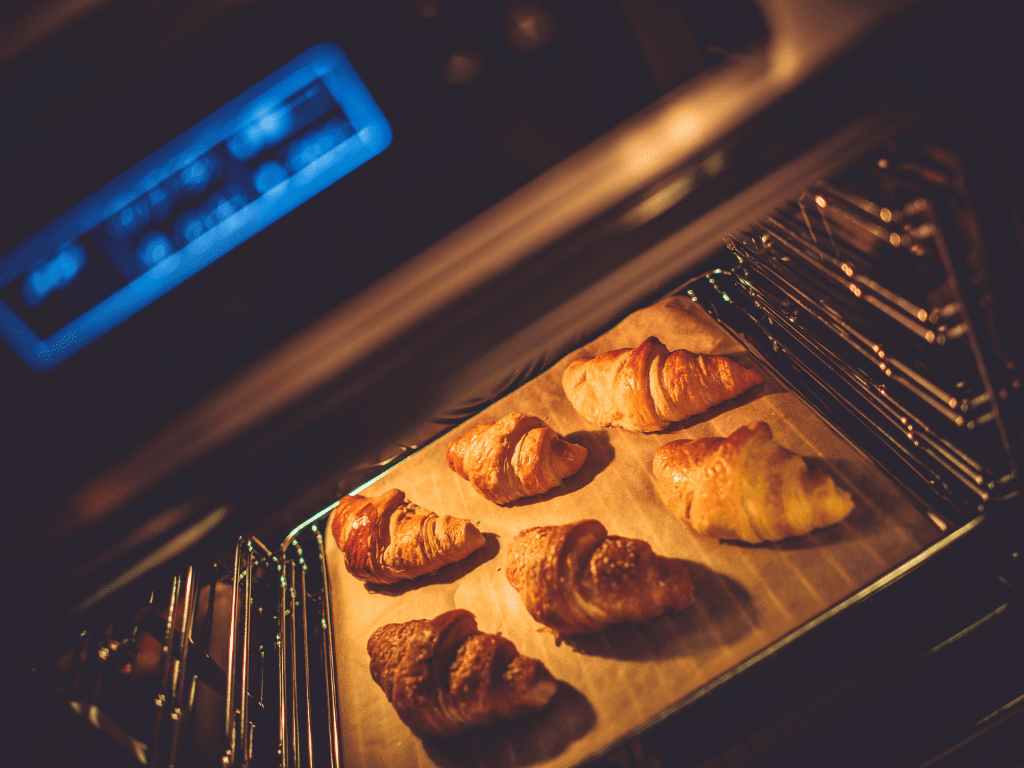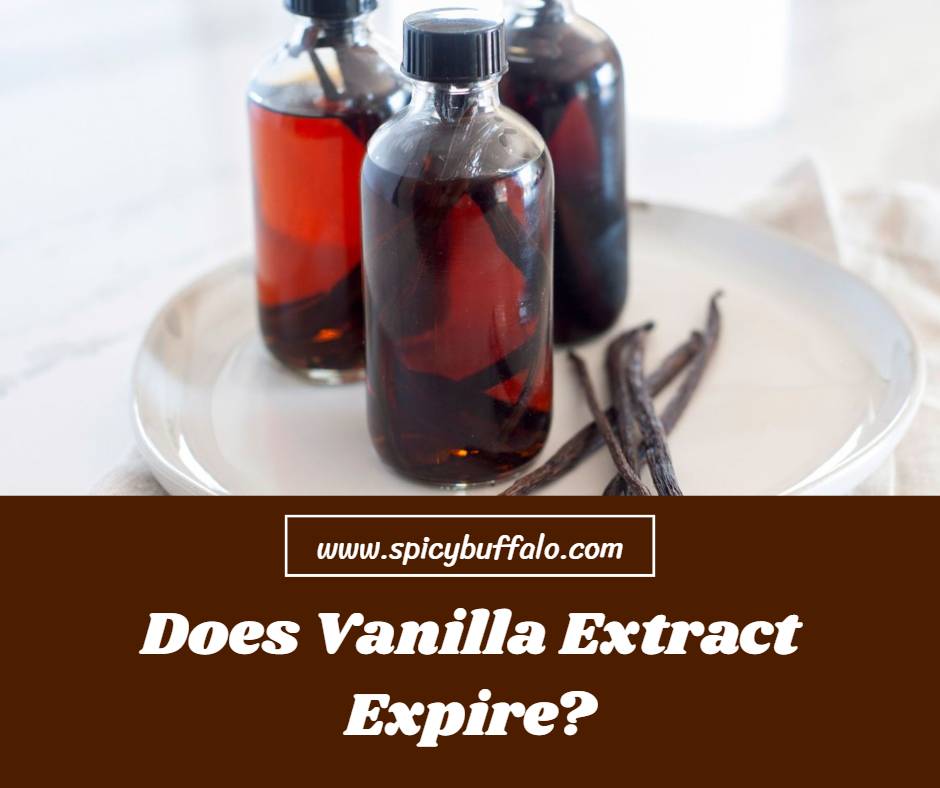
You’re getting ready for your next big baking project and are making sure you have all the ingredients on hand. In the cupboard, you find a half-opened bottle of vanilla extract sitting there for who-knows-how-long. The question that pops up immediately is: does vanilla extract go bad?
Fortunately, both pure and artificial vanilla extracts last a long time, so most likely the extract you have is perfectly fine.
If you would like to learn a bit about storage, shelf life, and differences between pure vanilla extract and the imitation, read on.
The way you store vanilla extract is the same for both pure extract and imitation. You should keep it in a cool and dark place (light can affect it), away from sources of heat. The pantry or a kitchen cupboard away from the oven are the best options.
WARNING
Do not refrigerate or freeze the extract as low temperatures might damage it.
If you’ve bought the extract in a plastic bottle, feel free to decant it into a glass bottle or jar if you will. As usual when it comes to liquids, make sure the extract is sealed tightly when not in use.
How Long Does Vanilla Extract Last
Shelf life is where the difference between pure vanilla extract and the imitation is quite pronounced.
Let’s start with pure vanilla extract. It’s easy to distinguish it from the imitation, as it has the word “pure” on the label and the imitation doesn’t. Also, the pure extract is much more expensive than the imitation.
Pure vanilla extract has an indefinite shelf life and doesn’t really go bad. Please note that the extract has an alcohol base, and alcohol tends to very slowly evaporate after the first opening of the bottle. That means that after a few years you might notice that the flavor of the extract is slightly more intense.
In short, if you bought a bottle of McCormick or Nielsen Massey (or any other reputable brand for that matter) pure vanilla extract a year ago or 10 years ago, it should be perfectly fine now.
Now to the imitation vanilla extract. Besides the fact that it has less flavor than the real deal, it doesn’t keep that well. If stored properly, it shouldn’t go bad, but its quality will degrade over time. Check out the best-by date on the label, which indicates for how long the quality should remain best.
You can easily add a few months or a year to that period, but you should remember that the longer you store it, the worse its taste will be.
How To Tell If Vanilla Extract Is Bad
As I’ve mentioned earlier, if you always keep the bottle of vanilla extract sealed tightly, it shouldn’t go bad. That’s true for both the pure extract and the imitation.
However, if you ever notice that there’s something wrong with the extract, like the smell is off or there is some growth on the inside of the cap, throw it away. Again, it’s unlikely to happen, but it’s always good to quickly check the extract before using. Especially if you haven’t used in a long time.
When it comes to the imitation, after a few years of storage its quality will degrade. That means that at a certain point the flavor won’t quite be there. When that happens, it’s time to throw the extract away and buy or open a new bottle.
Vanilla Extract FAQ
What’s the difference between pure vanilla extract and the imitation?
The most important difference between pure vanilla extract and the imitation is the way the extract is produced. Pure vanilla extract is made with vanilla beans. It’s brown in color and that color comes from essential oils.
TIP
If you have vanilla beans on hand and some vodka, you can easily make your own pure vanilla extract.
The primary flavor compound in the extract is vanillin, but the pure extract contains hundreds of other flavor compounds that make the pure extract so rich in taste.
The imitation vanilla extract contains only the most critical flavor compound: vanillin. And that vanillin isn’t the one that naturally occurs in the bean, but it’s a synthetic substance made in a lab. Because it only contains one of the compounds, the taste doesn’t come close to the flavor of the “real deal.”
Of course, there are reasons why the imitation was created, and the most important one is the price. Vanilla beans are very expensive, so is the pure extract. Synthetic vanilla is much cheaper and offers a good-enough taste. Because of that, most people buy the less expensive one because it still does its job pretty well in cakes, cookies, and frostings.
Can Vanilla Extract Go Bad?
As long as you store the extract in a cool and dark place away from heat, it should stay good for months or years. You should never refrigerate or freeze the vanilla extract. It can be stored at room temperature for a long time. There is also an option to transfer it into a dark glass bottle to make sure no light gets in and damages the flavor.
Does Vanilla Extract Go Bad?
Pure vanilla extract does not go bad because it contains alcohol which prevents bacteria growth and other nasty things from getting inside the bottle. And don’t worry about alcohol evaporating over time because even if that happens, the main ingredients will remain exactly the same.
How long does vanilla extract last before it starts to go bad? The answer is that if you’re storing it properly and storing in a dark, cool, and out of the way place, vanilla extract will have a perfectly good shelf life. And if you don’t store it well, probably it won’t go bad but the quality will degrade over time.
Do people use vanilla extract as medicine?
Vanilla extract is not intended to be used as medicine and has no effect on your health. It can help with digestion, but that’s about it. To make sure your vanilla extract is still fresh and potent, you should use it up within a year.
What is the shelf life of pure vanilla extract? The answer is that pure vanilla extract has an indefinite shelf life, while the imitation has a fairly short shelf life. However, if you keep your vanilla extract properly, it should be good for a few years. So let’s say around 3 years.
How long does homemade vanilla extract last? Homemade pure vanilla extract lasts longer than imitation since it contains more ingredients and more flavors than the imitation. It won’t go bad if you store it properly but it will lose some of its flavor and potency after several years of storage.
How Long Does Pure Vanilla Extract Last?
Pure vanilla extract can be kept for a long time since it does not have alcohol in it. Alcohol will evaporate, but the extract will still be fresh and potent. Pure vanilla extract has a longer shelf life that is indefinite . It will remain fresh and potent for several years.
How long does vanilla extract last in the refrigerator?
It is always a better idea to buy pure vanilla extract. It will last longer on your spice shelf. Overall, it is good for up to 12 months if stored properly in the refrigerator.
How does homemade vanilla extract stand up over time, I have read some people claim that their homemade pure vanilla extract has gone bad after several years of storage.. That does not mean it has gone bad, it just means the flavor has faded away, due to evaporation of the alcohol . If you store it properly and remember to use it up before its expiration date, then you should have no problems.
What is the difference between imitation and real vanilla extract?
The main difference is that imitation contains only vanillin, which means it has a much more subtle flavor than pure vanilla extract. Also, there are more chemicals used in imitation compared to pure. This makes it taste less intense and better for baking purposes but not very strong on its own like when you use it in a recipe.
If you are going to use vanilla extract to enhance the flavor of the baked goods, we recommend you go with a higher quality pure one. Even though imitation vanilla extract is cheaper, it will make sure your cookies, cakes and other treats have a fuller and deeper flavor that will impress even the toughest critics.

